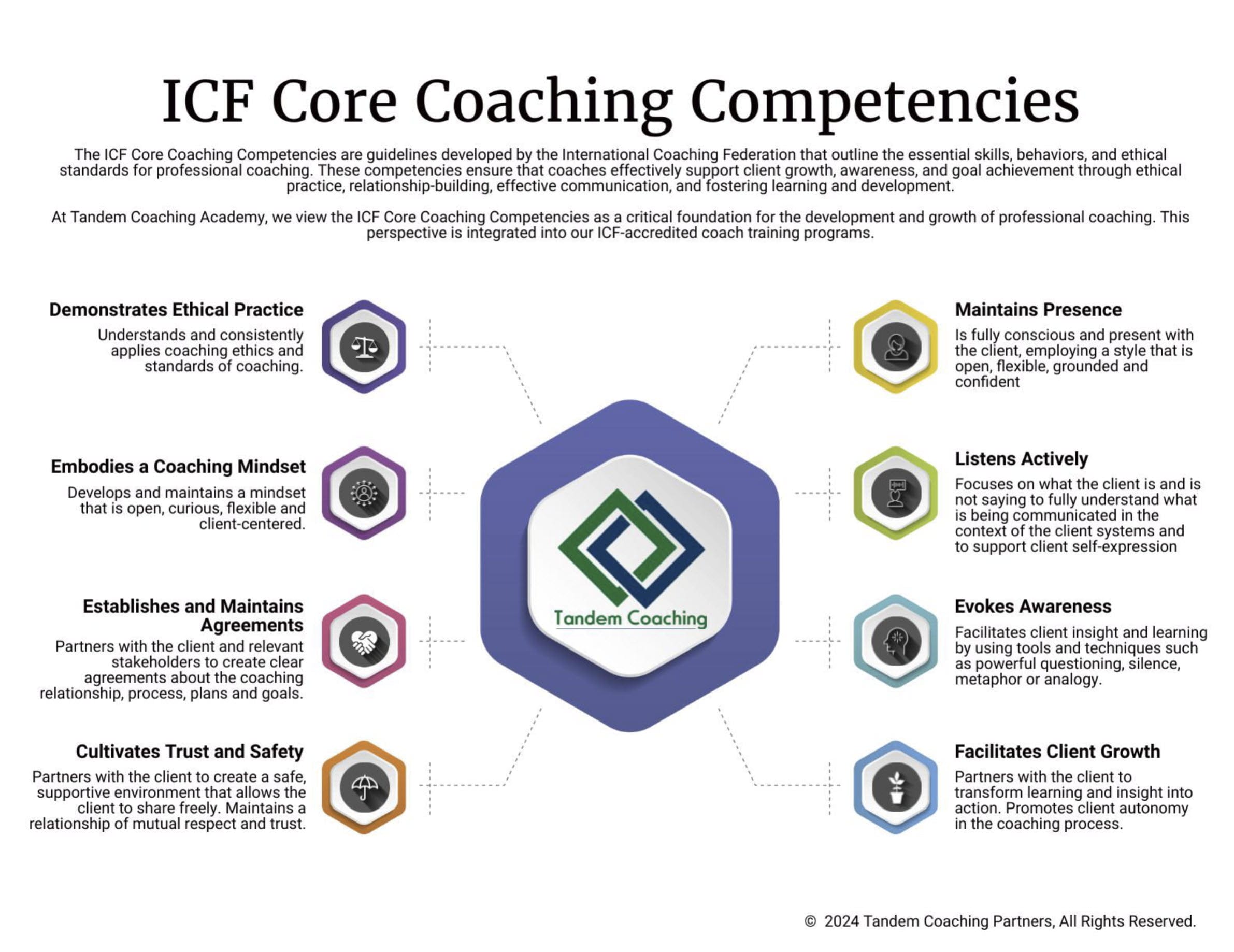Hi, Cherie here! If you’re coaching leaders and executives, mastering certain skills can make a big difference. Today, I’m sharing five NLP (Neuro-Linguistic Programming) techniques that have been game-changers in my practice. These strategies help in understanding and influencing leadership behavior in a profound yet straightforward way.
1. Rapport Building: Connection is key in any coaching relationship. NLP teaches specific ways to mirror and match the language, tone, and even body language of your coachee, fostering a deep sense of understanding and trust.
2. Meta Model Questions: Leaders often speak in abstracts. NLP’s Meta Model helps you ask targeted questions to dive deeper into vague statements. This technique clarifies goals and challenges, making solutions more attainable.
3. The Milton Model: Conversely, the Milton Model uses artfully vague language to open up a person’s mind to new possibilities. It’s particularly useful in helping leaders envision broader futures and solve problems creatively.
4. Anchoring: NLP anchoring techniques allow you to help leaders trigger positive states of mind on demand. This is crucial for managing stress, making impactful decisions, and maintaining confidence in challenging situations.
5. Reframing: Leaders often face situations that can be seen as setbacks. Reframing helps them view these situations from a new, more empowering perspective. This shift in viewpoint can be the difference between stagnation and growth.
Implementing these techniques can transform your coaching practice, enabling you to guide leaders towards not just achieving their goals but surpassing them. Remember, the essence of effective coaching lies in empowering others to discover their own solutions, and NLP tools are a powerful way to facilitate this discovery.
Until next time, Cherie 💚

Unlock Your Coaching Potential with Tandem!
Dive into the essence of effective coaching with our exclusive brochure, meticulously crafted to help you master the ICF Core Coaching Competencies.
"*" indicates required fields
About the Author
Cherie Silas, MCC
She has over 20 years of experience as a corporate leader and uses that background to partner with business executives and their leadership teams to identify and solve their most challenging people, process, and business problems in measurable ways.















